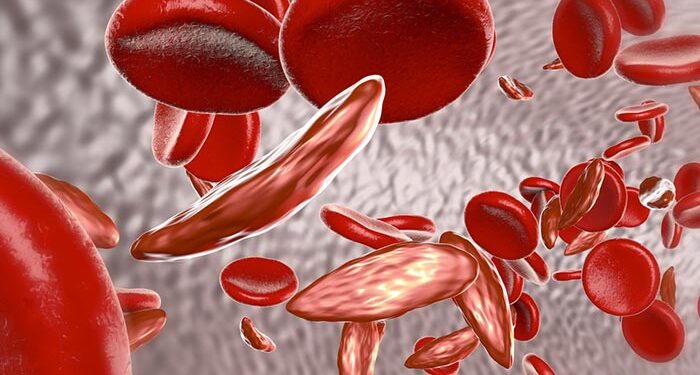May 28, 2025 Story by: Editor
A recent study published in the Annals of Hematology has identified a significant association between sickle cell trait (SCT) and an increased risk of acute heart failure among African American individuals.
The research, which utilized data from the National Inpatient Sample (NIS) database spanning 2016 to 2020, found that African Americans with SCT had a 39% higher adjusted odds of experiencing acute heart failure compared to non-African American individuals with the trait.
In the retrospective study, researchers analyzed data from 272,035 patients diagnosed with SCT between 2016 to 2020 from the National Inpatient Sample data from. There were 85.7% of patients who were AA, and in both AA and non-AA cohorts, 80% of patients were female.
In a multivariate analysis that adjusted for age, gender, income quartile, Charlson comorbidity index, hospital region, and hospital size, AA patients demonstrated significantly increased odds of experiencing acute heart failure compared with non-AA (odds ratio [OR], 1.39; 95% CI, 1.13-1.71; P <.01).
The odds of cardiac arrest, acute pulmonary edema, valvular disease, pericarditis, pulmonary hypertension, tachyarrhythmia, conduction disorders, stroke, acute pulmonary embolism, and acute deep vein thrombosis were not significantly different between AA and non-AA patients.
Key Findings
- Increased Risk: African American individuals with SCT exhibited a 39% higher adjusted odds of acute heart failure (Adjusted Odds Ratio: 1.39; 95% Confidence Interval: 1.13–1.71; p < 0.01) compared to non-African American individuals with SCT .
- Other Cardiovascular Outcomes: While initial unadjusted analyses indicated higher odds for conditions such as acute myocardial infarction, valvular disease, pulmonary hypertension, tachyarrhythmia, and acute deep vein thrombosis in African Americans with SCT, these associations did not remain statistically significant after adjusting for confounding variables.
Implications
The study underscores the importance of recognizing SCT not merely as a benign carrier state but as a potential risk factor for specific cardiovascular conditions in certain populations. Given that SCT affects approximately 7–9% of the African American population in the United States , these findings have significant public health implications.
Healthcare providers are encouraged to consider these risks when managing African American patients with SCT, particularly in the presence of other comorbidities such as hypertension, diabetes, obesity, and hyperlipidemia. Aggressive management of these conditions may be warranted to mitigate the elevated risk of acute heart failure in this population.
Need for Further Research
The authors of the study advocate for additional research to explore the underlying mechanisms driving the increased risk and to assess whether similar associations exist in other racial and ethnic groups. Understanding these dynamics is crucial for developing targeted interventions and improving cardiovascular outcomes among individuals with SCT.
This study adds to the growing body of literature highlighting the complex interplay between genetic traits and cardiovascular health, emphasizing the need for personalized approaches in medical care and public health strategies.
Sickle cell trait (SCT) is a condition that affects up to 3 million individuals and 10% of African Americans (AA) in the United States (U.S.). Although often believed to be benign, the true burden of the condition remains understudied. Data is also lacking regarding the racial disparities in SCT and if African American individuals with SCT are at increased cardiovascular risk compared to individuals of other races.
Source: Hematology Advisor /National Library of Medicine/ ResearchGate / SpringerLink
















